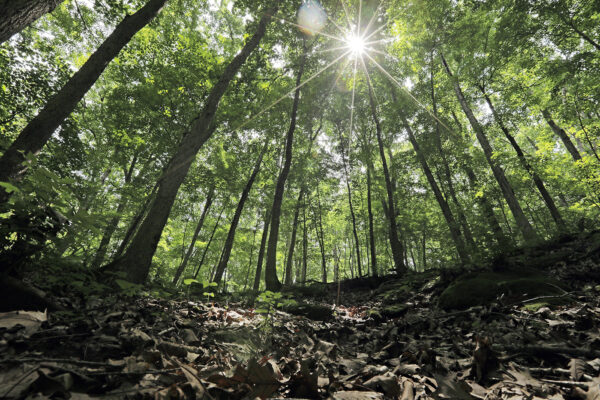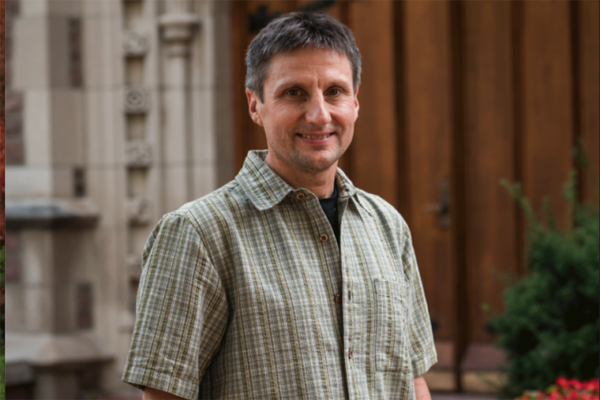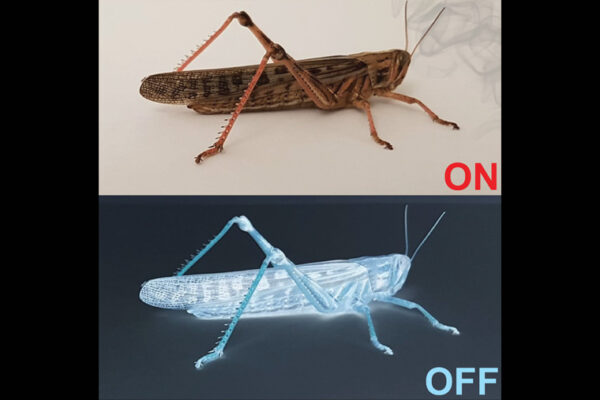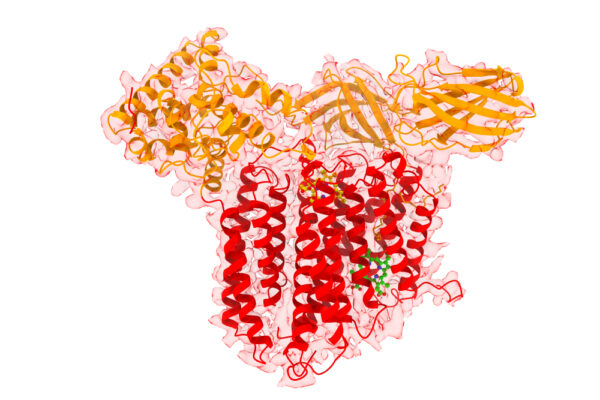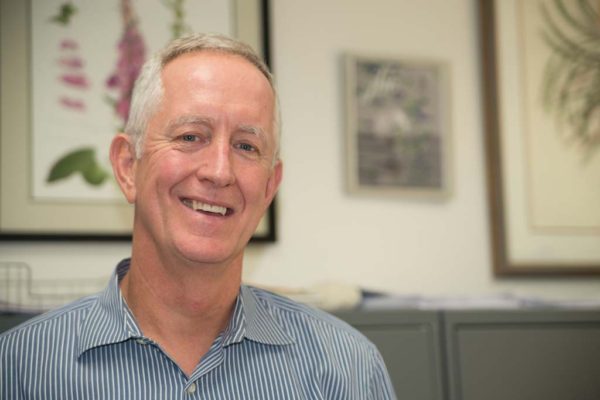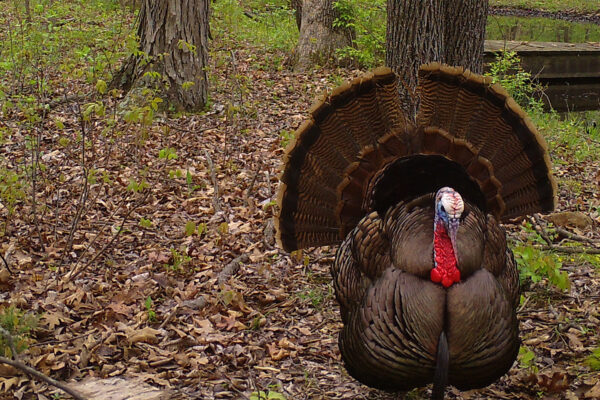The great tree migration
A new study co-authored by biologist Jonathan Myers in Arts & Sciences provides key insights into how and why tree populations migrate in response to climate change. The research was published in the Proceedings of the National Academy of Sciences.
Chalker to expand hands-on science in K-12 classrooms
Douglas Chalker, professor of biology in Arts & Sciences, received a five-year $660,281 collaborative award from the National Institutes of Health to expand hands-on science efforts in K-12 classrooms.
The ‘surprisingly simple’ arithmetic of smell
Research from the lab of Barani Raman finds in locusts that the presence of smell can be determined by simply adding and subtracting the presence of certain neurons.
Understanding features that help cells stay organized
Work from the lab of Rohit Pappu at the McKelvey School of Engineering and colleagues at St. Jude continues to reveal novel findings about phase separation, the process cells use for organization.
A pathway emerges
Scientists at Washington University in St. Louis described for the first time the structure of a bifunctional protein, called CcsBA, that transports heme and attaches it to cytochromes. The study led by Robert Kranz, professor of biology in Arts & Sciences, captured two conformational states of CcsBA, a bacterial and chloroplast protein, allowing researchers to characterize the enzyme mechanism.
International team finds new mechanism critical for formation of membrane vesicles
A collaboration between Washington University in St. Louis, Université de Montréal and McGill University discovers a new importance of biomolecular condensates.
Vierstra receives NIH grant
Richard Vierstra, the George and Charmaine Mallinckrodt Professor of Biology in Arts & Sciences, received a $62,707 supplemental grant from the National Institutes of Health (NIH) in support of his phytochrome research.
Levin wins NIH grant
Petra Levin, professor of biology in Arts & Sciences, received an $84,616 equipment supplement from the National Institutes of Health (NIH) to purchase a new chromatography system.
Undergraduate Antony wins neuroscience award
Irene Antony, a neuroscience major in Arts & Sciences at Washington University in St. Louis, won the Trainee Professional Development Award from the Society for Neuroscience.
Wild turkeys among us
Trail cameras have captured 567 pictures of local turkeys as part of the St. Louis Wildlife Project, an effort led by scientists at Tyson Research Center and the University of Health Sciences and Pharmacy in St. Louis.
Older Stories
